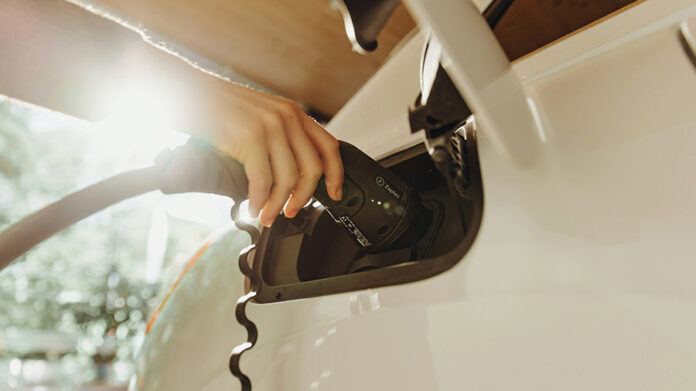Indonesia aims to become Southeast Asia’s EV hub by offering tax incentives to attract manufacturers like BYD, GAC Aion, and Citroen, leveraging nickel reserves and promoting a comprehensive EV ecosystem.
Indonesia’s Ambitious EV Strategy
Indonesia is carving out a leading role in Southeast Asia’s electric vehicle (EV) sector by offering hefty tax incentives to attract global manufacturers like BYD, GAC Aion, and Citroen. With plans to exempt import taxes and lower luxury sales tax rates starting in 2025, the government aims to cut manufacturing costs, boost local EV production, and drive sales. By leveraging abundant nickel reserves crucial for EV batteries and securing commitments from these major players, Indonesia is positioning itself as the region’s EV production hub.
Boosting EV Battery Capabilities
In addition to incentives, Indonesia is advancing its standing in the global EV supply chain by developing essential battery components and engaging in partnerships with international firms. Joint ventures with South Korean and Chinese companies aim to establish battery production facilities, enhancing both technological capabilities and workforce expertise. This multifaceted approach not only strengthens Indonesia’s position in the EV industry but also promotes innovation and economic growth. With these strategic investments and development plans, Indonesia is set to become a significant player in the regional and global EV markets.
The Indonesian electric vehicle (EV) market has become increasingly attractive to global automakers due to its strategic position, burgeoning economy, and supportive governmental policies. BYD, GAC Aion, and Citroen are among the companies making significant investments and strategic moves into this promising sector. One of the primary drivers of this trend is Indonesia’s abundant supply of key EV battery materials, particularly nickel, which is crucial for lithium-ion batteries. Recognizing the critical role of batteries in EV production, these automakers view Indonesia as not only a market but also a potential hub for manufacturing and logistics. By investing in local supply chains, they aim to reduce costs and manage risks associated with global supply disruptions.
The Indonesian government has also played a pivotal role in attracting global EV players through its ambitious policies to boost the domestic EV market. Strategic initiatives, such as tax incentives, development of charging infrastructure, and targeted subsidies, create a conducive environment for foreign investments. For instance, Indonesia aims to have electric vehicles constitute 20% of its total vehicle production by 2025. BYD, GAC Aion, and Citroen are keen to capitalize on these policies, seeking to establish an early foothold in a market poised for exponential growth.
Moreover, Indonesia’s large population and growing middle class present a substantial consumer base, increasingly interested in sustainable and modern transportation options. As urbanization accelerates, the demand for efficient and environmentally friendly transportation is expected to rise, aligning well with these automakers’ sustainable mobility goals. By entering the Indonesian market, these companies not only tap into current demand but also position themselves strategically to influence and capture future market dynamics. These strategic bets reveal a calculated approach to gain a competitive edge in Southeast Asia, ensuring their long-term growth and relevance in the global automotive landscape.
Source : Why BYD, GAC Aion, and Citroen are Betting Big on Indonesia’s EV Market


